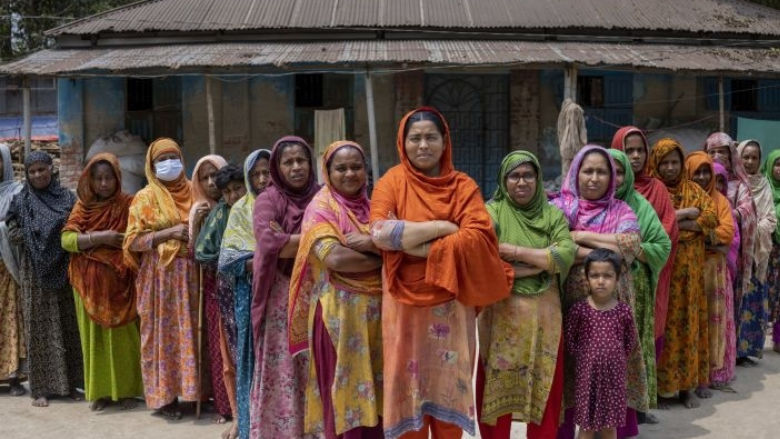For almost three decades, the Financial Sector Assessment Program (FSAP) has been a cornerstone of global efforts to promote strong, stable, and inclusive financial systems. Jointly launched by the World Bank and the International Monetary Fund (IMF) in 1999, FSAPs helps countries identify and address financial system risks and development challenges—laying the groundwork for sustainable growth, financial resilience, and shared prosperity.
Recent Publications
What is the FSAP?
The Financial Sector Assessment Program (FSAP) provides independent, in-depth evaluation of a country’s financial sector. FSAPs focus on deepening and strengthening the financial sector, addressing major weaknesses affecting the sector’s efficiency, depth, soundness, and strengthening its contribution to long-term growth. Each assessment is tailored to country-specific needs and is conducted by experienced teams from the World Bank and IMF.
FSAPs conclude with tangible and evidence-based recommendations to strengthen resilience and promote financial sector development. Outputs include Technical Notes, Detailed Assessment Reports, the World Bank’s Financial Sector Assessment (FSA), and the IMF’s Financial System Stability Assessment (FSSA). These outputs undergo rigorous internal quality review and are discussed with the authorities, ensuring both technical soundness and transparency.
Public FSAP outputs are widely used by governments, researchers, media, investors, and global standard-setting bodies. The program has become a key platform to track implementation of financial reforms, identify vulnerabilities and financial sector development priorities, and inform global policy—serving as a public good for all stakeholders.
Global Reach
Since the inception of the program in 1999, the World Bank has conducted 270 FSAPs for 121 client countries. 91 percent of IBRD and 77 percent of IDA countries had at least one FSAP. Most emerging and developing economies receive joint World Bank–IMF assessments. In smaller economies, the World Bank may lead targeted assessments with a strong focus on financial development, alongside core stability issues. In advanced economies, assessments are conducted by the IMF.
FSAP Today
In a fast-changing global economy, resilient, efficient, and well-regulated financial systems are critical. The FSAP continues to evolve, addressing today’s most pressing challenges—from the financial impacts of global crises to the rapid rise of digital finance. Its joint governance, technical depth, and global perspective ensure that it remains a unique and powerful instrument for promoting financial stability and development worldwide.



